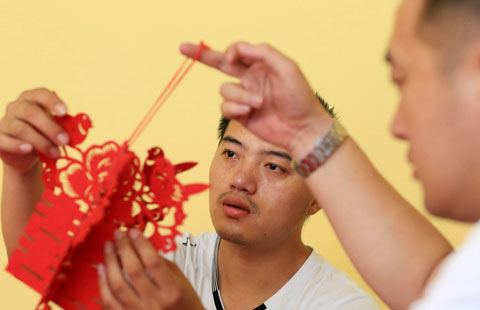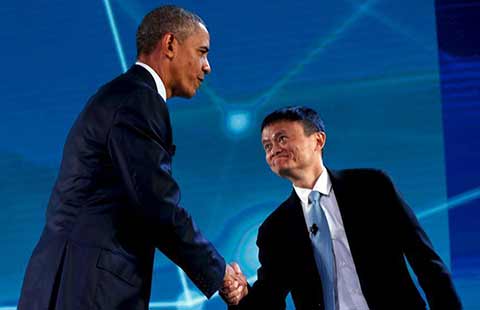China can avoid middle income trap
(Xinhua) Updated: 2012-11-15 10:16SINGAPORE - China can easily avoid what is known as the middle income trap given its still rapidly growing productivity, said Frank Gong, managing director of JP Morgan Securities (Asia Pacific) Limited.
Speaking at the CapitaLand International Forum in Singapore on Wednesday, Gong said China's gross domestic product is expected to double in nine years even if its growth slowed to 8 percent in nominal terms, or 5 percent in real terms.
The Chinese economy has achieved 9.9 percent of real growth per annum on average over the past 30 years, and the nominal growth was around 15 percent, he added.
Gong said he is confident that China can "easily" achieve that if it continues to push forward market-based reforms.
The growth of an economy depends on the growth of the labor force and their productivity. In China's case the productivity can still grow much faster than the US productivity growth given China's still early stage of economic development, as indicated by its relatively low per capita GDP, though the labor force growth could slow in the future, Gong said.
"People have not noticed how fast China's productivity growth was, though China's technological innovation is far behind the United States," he said, adding that the financial services sector and the healthcare industry are only in their infancy stage in China.
Gong said he expected the yuan to continue to appreciate against the US dollar in the long run "if China could maintain around 8 percent of nominal growth."
Tan Kong Yam, director of Asian Research Center, Nanyang Technological University, highlighted the challenges for China to continue achieving fast growth in the coming ten years. The demographic dividend is decreasing, and so is the benefit from the migration of the rural labor into the cities and from joining the world economic system.
This means the Chinese leadership will have to push forward various reforms in the coming ten years, which will be a critically important period of transition, otherwise it will be dangerous for China, Tan said.
Huang Jing, director of the Center on Asia and Globalization, said that China will have to overcome formidable challenges such as pushing for the social culture to adapt to the industrial and urban society as well as the reform of the income distribution mechanism.
Nevertheless, Huang said he remained positive given the ongoing institutionalization of power, the twilight for the establishment of the rule of law, and the leadership stability and the policy consistency.
Liew Mun Leong, president and chief executive officer of CapitaLand, said he remained confident about the growth of China.
Be it a company or a political party, if the system allows the right people to be selected, "chances are it will work," said Liew, who has been bullish on China over the past decades and led his company to succeed in China.
Nevertheless, Liew said it won't be easy for China to push forward reforms in the State-owned enterprises given that it is still not socially acceptable in China for the company leaders to be given equities.
Tan said that China will have to push forward reforms, at least making the system more transparent and accountable.
- CTG to buy German wind farm from Blackstone
- China to provide more opportunities for investors: Premier Li
- China elected to UN economic, social council
- Masteel to make high-speed wheels to replace imported ones
- International SOS optimistic about expansion in China
- Chinese food trader COFCO aims to rival global giants
- Airbus sees China overtaking US in civil helicopter buying
- Outbound M&As target tech, consumer companies


















